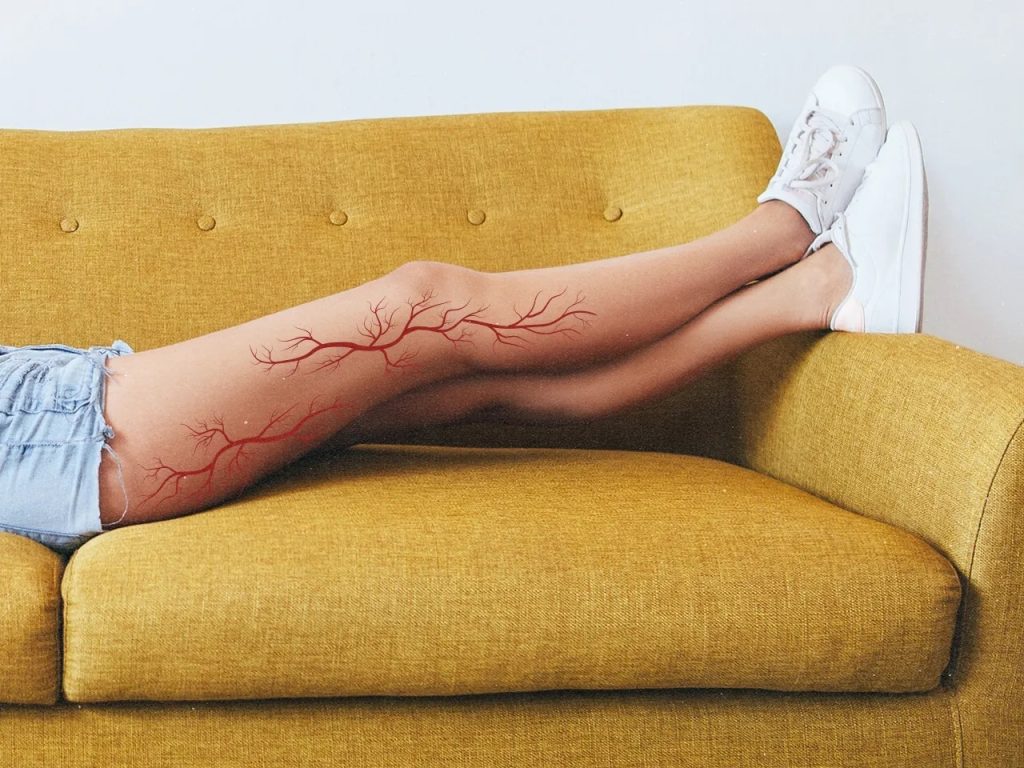
Varicose veins are a common condition that occurs when the veins in the legs become swollen and twisted. This can cause discomfort, pain, and even blood clots. While there are medical treatments available, diet can play an important role in managing varicose veins. Here are some foods to include in your diet and some to avoid.
Foods to Help Varicose Veins:
- Fiber-rich foods: Eating foods high in fiber can help prevent constipation and reduce the pressure on your veins. Some good sources of fiber include whole grains, beans, fruits, and vegetables.
- Water: Staying hydrated can help prevent blood from pooling in your veins. Drinking plenty of water can also help reduce swelling and inflammation.
- Leafy greens: Leafy greens like spinach, kale, and collard greens are rich in vitamin K, which can help improve circulation.
- Citrus fruits: Citrus fruits like oranges, lemons, and grapefruits are high in vitamin C, which can help strengthen your veins.
- Nuts and seeds: Nuts and seeds like almonds, walnuts, and chia seeds are rich in omega-3 fatty acids, which can help reduce inflammation and improve circulation.
- Garlic: Garlic has been shown to improve circulation and reduce inflammation, making it a great addition to your diet if you have varicose veins.
- Turmeric: Turmeric contains curcumin, a compound that has anti-inflammatory properties. Adding turmeric to your diet can help reduce swelling and discomfort.
Foods to Avoid:
- Salt: Eating too much salt can cause your body to retain water, which can increase swelling and discomfort in your legs.
- Processed foods: Processed foods are often high in salt, sugar, and unhealthy fats. These can all contribute to inflammation and make varicose veins worse.
- Fried foods: Fried foods are often high in unhealthy fats and can contribute to inflammation.
- Alcohol: Drinking alcohol can cause your blood vessels to dilate, which can increase pressure on your veins.
- Caffeine: Caffeine can also cause your blood vessels to dilate, which can increase pressure on your veins. It’s best to limit your intake of caffeine if you have varicose veins.
By including these foods in your diet and avoiding others, you can help manage varicose veins and reduce discomfort. Of course, it’s always a good idea to speak with your doctor before making any changes to your diet or treatment plan.